Throughout history, numerous emperors have been branded as brutal due to their merciless actions and oppressive reigns. One such figure who often appears at the top of these lists is Emperor Nero of Rome. Nero’s reign from 54 to 68 AD is infamous for tyranny, extravagance, and the ruthless persecution of Christians. His actions and the stories of his rule provide a vivid glimpse into the dark side of imperial power.
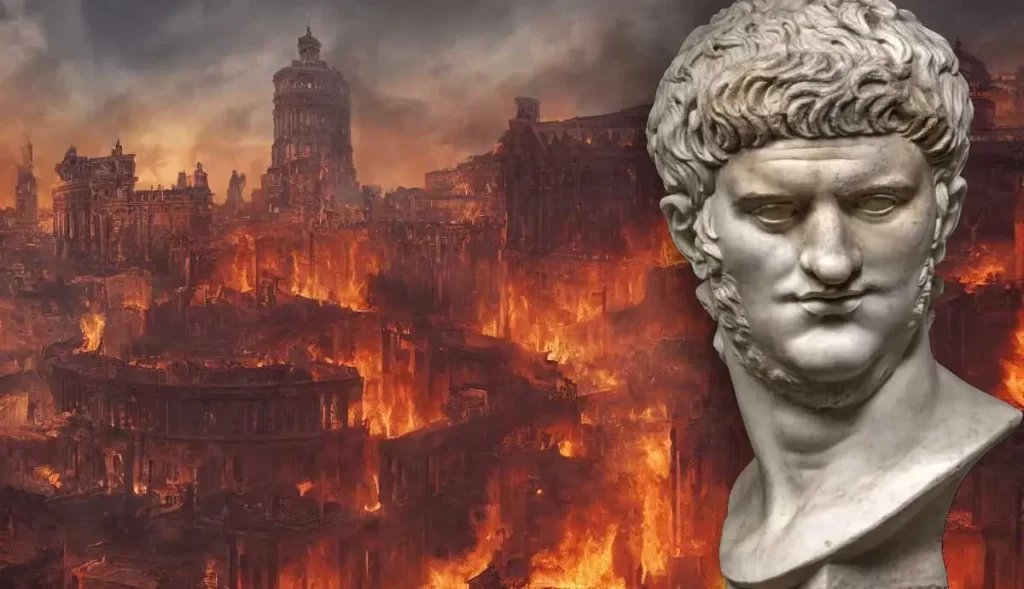
Nero was born Lucius Domitius Ahenobarbus and became emperor at the young age of 17 after the death of his adoptive father, Emperor Claudius. His mother, Agrippina the Younger, was said to have orchestrated Claudius’ death to ensure her son’s ascension to the throne. Nero began his reign under the influence of his mother, his tutor Seneca, and the Praetorian Prefect Burrus, but it was not long before he sought to consolidate power in his own hands.
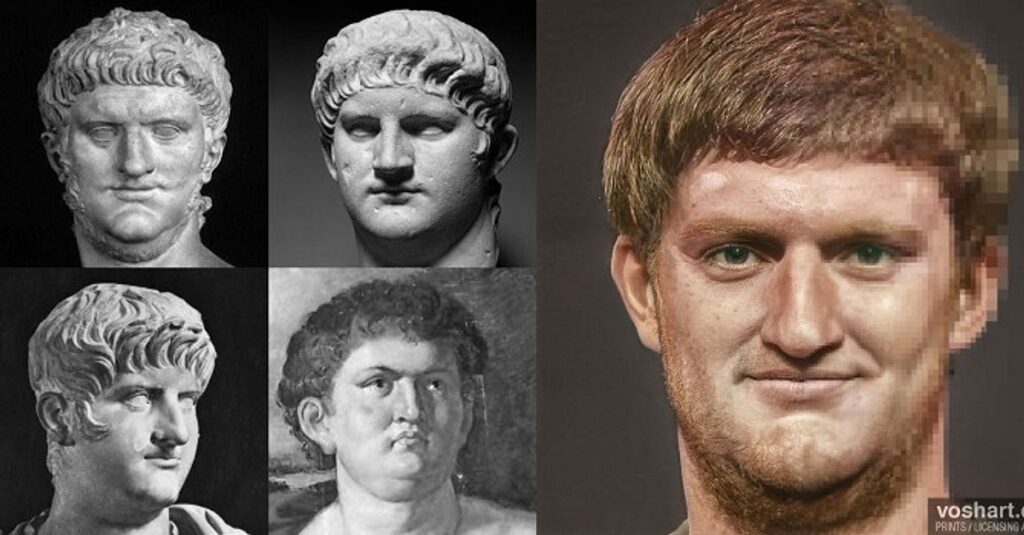
One of the most notorious events attributed to Nero was the Great Fire of Rome in 64 AD, which destroyed much of the city. While it is unclear whether Nero actually “fiddled while Rome burned” (a myth, as the fiddle did not exist at the time), he was widely criticized for using the disaster to his advantage. After the fire, Nero seized much of the devastated area to build his extravagant Golden House (Domus Aurea), which included vast gardens, an artificial lake, and a colossal statue of himself.
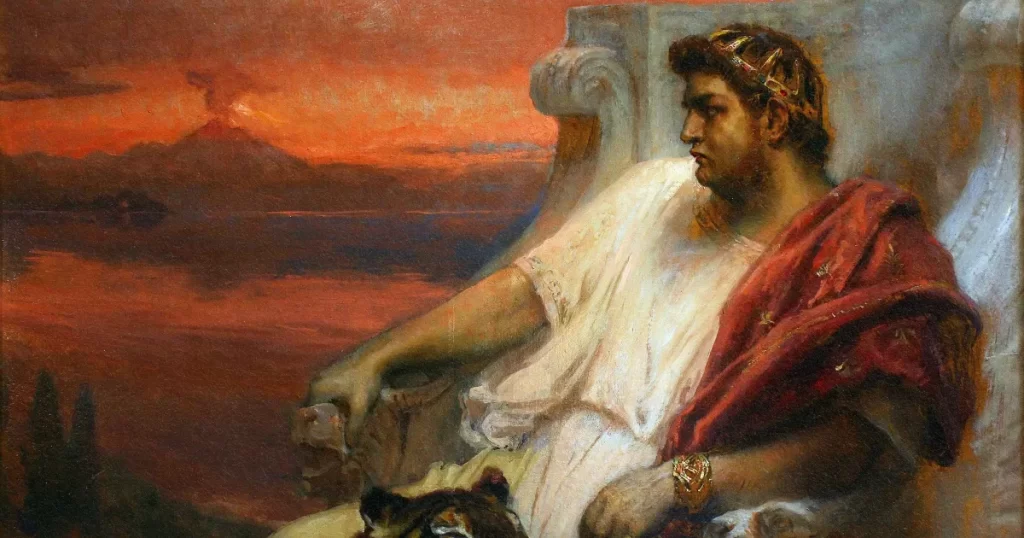
Nero’s rule was also marked by extreme acts of cruelty, often directed at his own family and aristocrats. He is famously known for ordering the murder of his mother, Agrippina, in 59 AD after several failed attempts, because he saw her as a threat to his power. He also reportedly had his first wife, Octavia, banished and then executed on questionable charges of adultery when he fell in love with another woman, Poppaea Sabina.
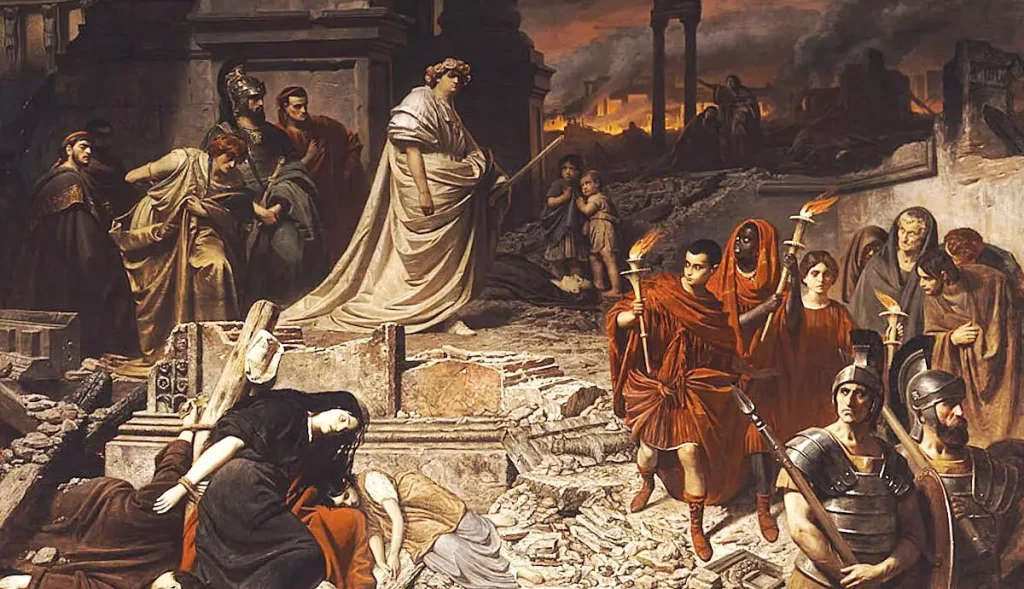
Moreover, Nero’s brutality extended to the broader population. Following the Great Fire, he launched a savage persecution of Christians, whom he scapegoated for the disaster. According to the Roman historian Tacitus, Christians were arrested, tortured, and executed in horrific manners, including being burned alive or fed to wild beasts during bloody spectacles.
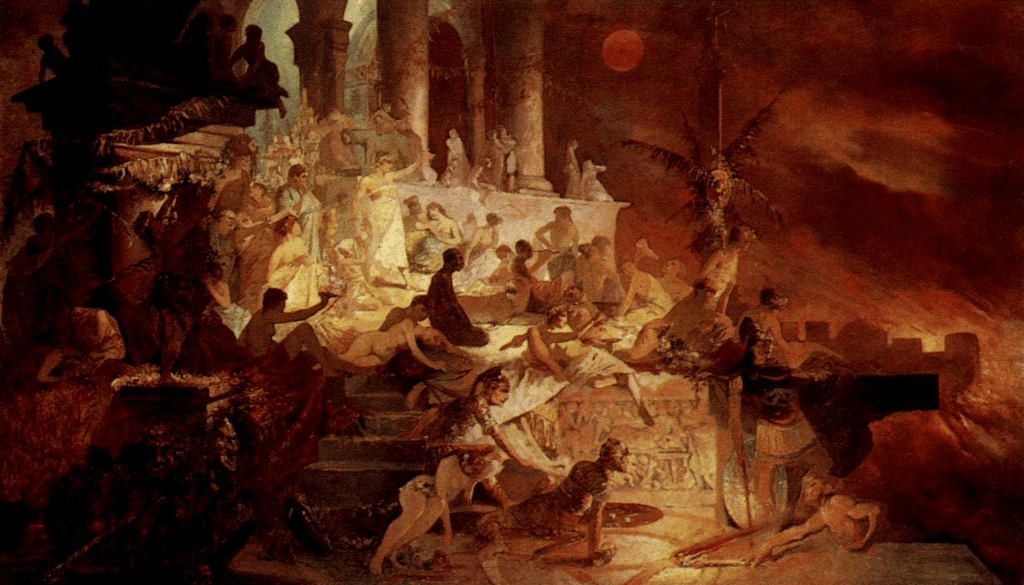
Despite these acts, Nero was also known for his grand public performances, competing as a charioteer, poet, actor, and singer, often forcing the aristocracy to attend his lengthy performances under threat of death or exile. This mix of artistic pretension and absolute power often alienated him from the Roman elite and populace alike.
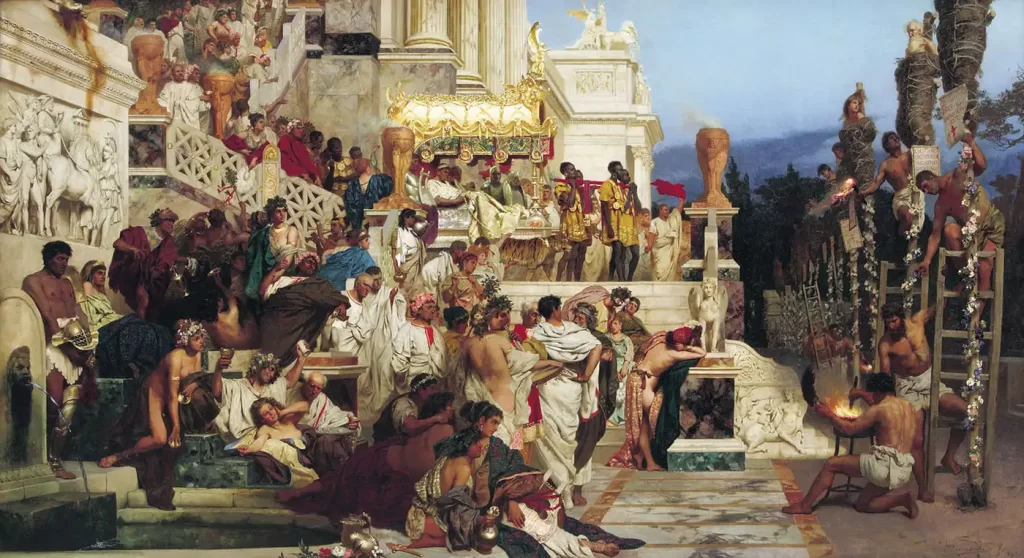
Nero’s rule eventually became untenable as he faced multiple rebellions and lost the support of the Roman Senate and the military. In 68 AD, he was declared an enemy of the state, prompting him to flee Rome. He ultimately committed suicide with the help of a secretary, reportedly lamenting, “What an artist dies in me!”
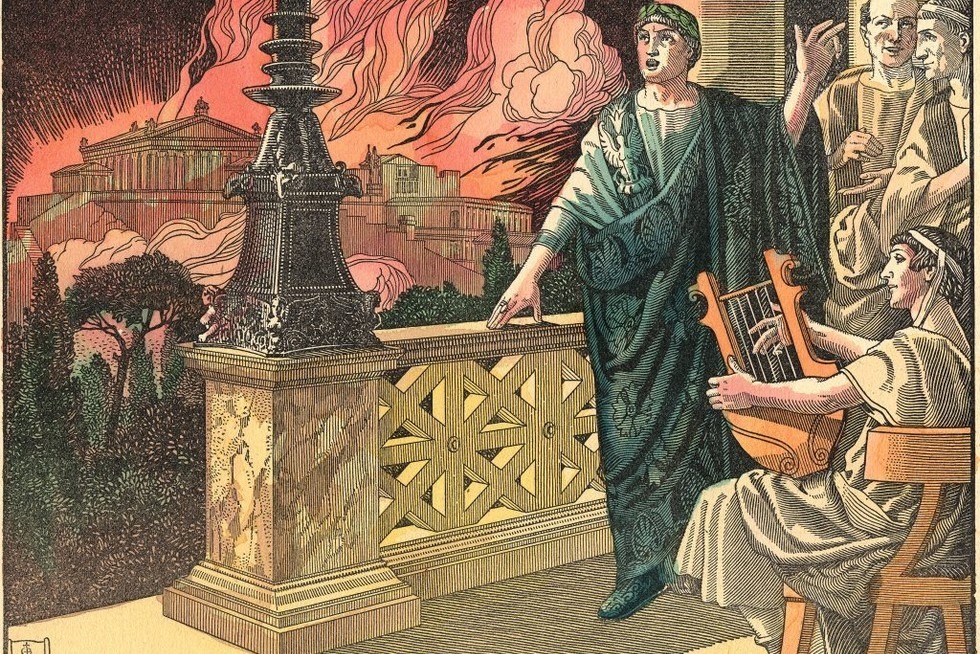
The brutality of Nero’s reign is emblematic of the dangers of absolute power combined with personal vanity and paranoia. His legacy as one of the most brutal emperors in history remains a stark reminder of the potential for power to corrupt absolutely, leading to profound suffering and injustice. Nero’s story is woven into the broader tapestry of Roman history, illustrating both the heights of cultural achievement and the depths of human cruelty.









